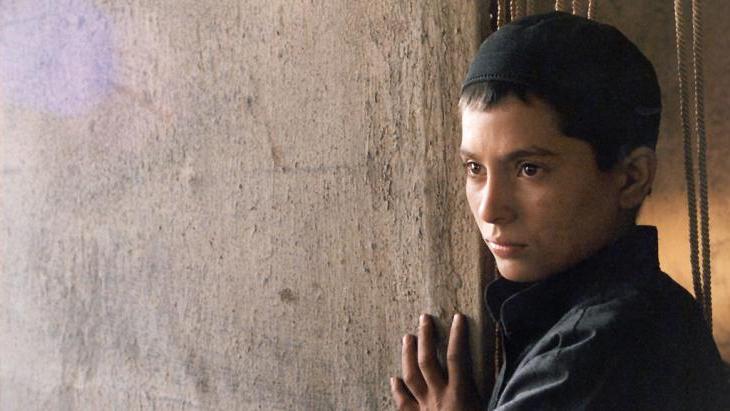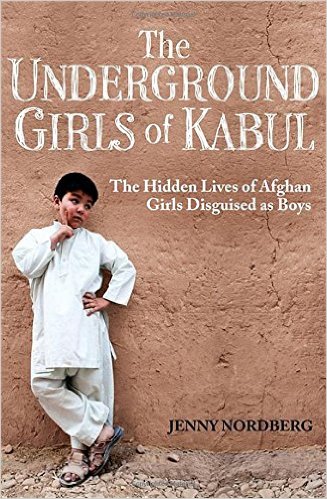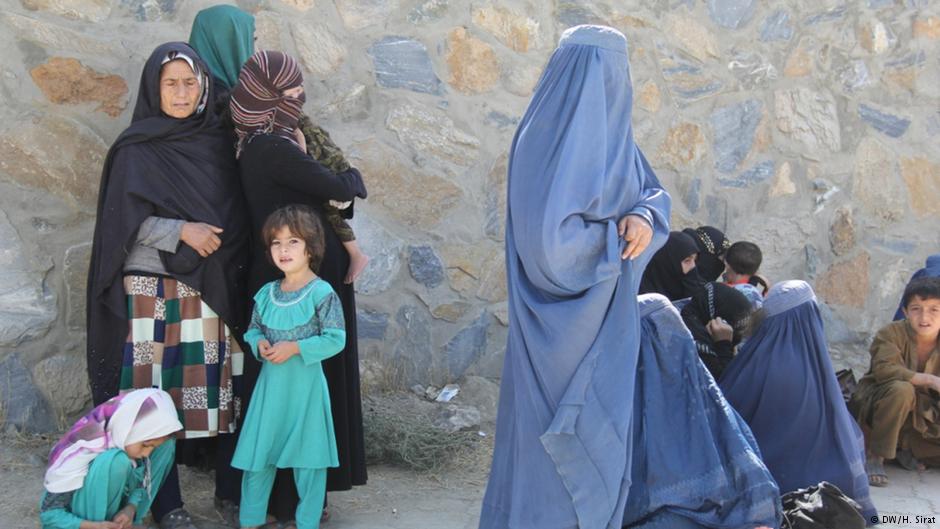Boys for a time

Since the ″war on terror″ began almost 14 years ago, Afghanistan has received much attention in the West. Numerous non-fiction books and articles dealing with the country have been published. A network of analysts and specialists writing about Afghan society – from abroad or on the ground – has evolved. But hardly anyone seems to have noticed an Afghan family tradition that is as common as it is interesting: the custom of disguising girls as boys.
When the Swedish journalist Jenny Nordberg visited her friend Azita, a deputy of the Kabul parliament, in her flat, she couldn′t believe her eyes. As if it were totally normal, Azita introduced one of her daughters to the journalist as a son. The girl was wearing boys′ clothes and, in contrast to her three sisters, acted entirely masculine and self-confident. As Nordberg later found out, she was a ″bacha posh″ (Dari: ″dressed like a boy″).
Because the journalist couldn′t find any literature about the ″bacha posh″, she decided to explore the phenomenon on her own. Her research between the years 2010 and 2012 led to the book ″The Underground Girls of Kabul″. With journalistic curiosity and a sure instinct, Nordberg visited families throughout the country, interviewing housewives as well as female doctors and politicians. She found out that ″bacha posh″ live in all parts of the country and that every Afghan knows of such cases, either within his own family or circle of friends.
Key to reputation and wealth
This custom has its roots in Afghanistan′s man-dominated culture. It is essential for the reputation of every family to have at least one son. A family without any male offspring is considered weak and vulnerable. A woman who does not produce sons is regarded with disapproval and a man without sons also loses his reputation.

Considering that possessions like land ownership are passed on through the male line, a man without sons puts the power and wealth of the family at risk. If after a series of daughters, a mother does not give birth to a son, one of the girls is simply passed off as a boy. As the saying goes, it′s better to have a false son than none at all.
Moreover, in some echelons of society, having a ″bacha posh″ – a false son – in the family is believed to further the cause of having a real son. Other parents want their daughters to be able to lead the lives usually reserved for sons: an existence outside the house, free from worry and devoid of the pressurising codes of behaviour that already weigh heavily girls in Afghanistan from a young age.
Some daughters are registered as boys at birth; others are disguised as boys later. When puberty sets in, they ″revert back″ to girls. The ″bacha posh″ tradition is also a form of rebellion against the strict rules of Afghan society. Despite its rigid gender segregation, this practice is tolerated by Afghan society and often even encouraged as a brave step.
There are reports of mullahs, for instance, who will even give boys′ names to girls when they are born. A quotation in the book by the famous Afghanistan researcher Nancy Dupree states unequivocally: ″segregation calls for creativity.″
Nordberg′s book is very well-researched and contains nuanced background information on Afghan society without generalising. The author presents a well-founded overview of the history of women′s rights under the ever-changing regimes on the Hindu Kush, but criticises the Western instrumentalisation of women′s issues during the ″war on terror″:
″After observing, but largely ignoring, the Taliban′s vicious treatment of women for years, consensus among foreigners now converged on the need to quickly usher Afghan women closer to a Western version of equality.″
Jenny Nordberg also takes a critical look at foreign scholarship which has only rarely managed to penetrate the sealed-off privacy of Afghans. In order to begin to understand Afghanistan, academics need to abandon their accustomed schemes and categories.
To gain the trust of her interview partners, Nordberg needed patience and perseverance. As a result, she captured scenes that usually remain hidden to foreigners: in the office of a gynaecologist from the province of Wardak, in a training workshop for midwives from eight different Afghan provinces, in the chaotic political life of Kabul′s parliament, in village and city families. Beyond the girls′ issue she paints a balanced picture of Afghan society.

Girls lead a double life
The vignettes featured in the book also reveal the multi-faceted nature of the ″bacha posh″ phenomenon. In the sixth chapter, for instance, the author introduces the reader to a Pashtun family living in a poor district on the outskirts of Kabul. Here, the small Niima lives a double life: in the morning she spends two hours at school, wearing a dress and a headscarf. In the afternoon she puts on boys′ clothes and works as shop assistant in a small grocery store. For a Pashtun woman such work would be impossible.
Fifteen-year-old Zahra from the northern province of Faryab, on the other hand, likes her role as a boy, wearing jeans and maintaining a direct, rebellious way of behaving. She doesn′t want to become an Afghan woman and is respected by men for her strong personality. At the same time, she condemns the macho behaviour of same-aged boys instead of banding together with them.
Finally daring to ask Afghan mothers about the psychological consequences of this ″transformation of sexes″ for their daughters, Nordberg is not understood. She realises once more that there are other values than the ones we know which count in Afghanistan. Notions like the self-unfolding of the individual are strange to Afghans – and apply neither to children, nor to adults.
Marian Brehmer
© Qantara.de 2015
